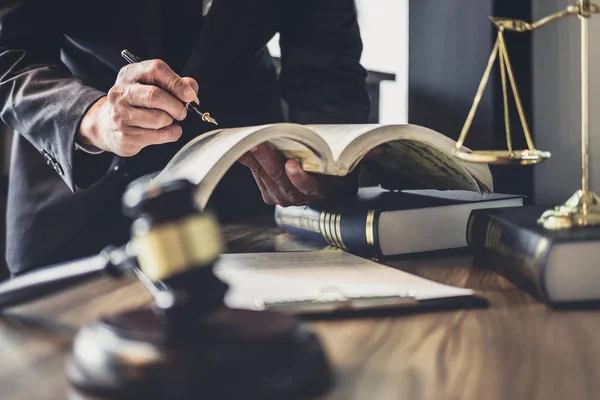
Two Birds, One Prosecutor
In early August, Florida governor Ron DeSantis suspended elected state attorney Monique Worrell, a Democratic prosecutor overseeing the state’s Orange and Osceola Counties. DeSantis described Worrell’s performance as “derelict,” perhaps thinking of when a 19-year-old repeat offender murdered a woman, returned to the scene of the crime later that day, and killed a journalist covering the prior murder and a nine-year-old girl on the scene with her mother. The individual had prior offenses of aggravated battery, assault with a deadly weapon, burglary, grand theft, and other weapons violations; according to Florida’s mandatory-minimum sentencing statute, he should’ve been imprisoned for decades. But Worrell’s office ignored these requirements.
When a prosecutor refuses to prosecute dangerous felonies effectively, crime soars. After progressive Philadelphia district attorney Larry Krasner took office, the City of Brotherly Love saw felony drug sentencings drop 72 percent and felony weapons sentencings drop 53 percent. As former prosecutor Thomas Hogan has shown in an analysis, Philadelphia has endured 75 additional homicide deaths for each year that Krasner’s policies have been in place.
De-prosecution is akin to a willful version of a serious criminal-justice problem that many American localities face: insufficient prosecutorial capacity. Many areas that have avoided electing progressive prosecutors nonetheless confront deep shortages in their district attorney offices. In Maricopa County, Arizona, a high number of vacancies resulted in a 20 percent reduction in felony filings by prosecutors. In Harris County, Texas, prosecutors handled more than 1,500 felony cases each per year, inevitably undermining their effectiveness in individual cases. The generally accepted standard for a defense attorney’s caseload is capped at 150 felonies per year—one-tenth of the caseload in Harris County.
Whether a prosecutor’s office fails to pursue felony charges because of resource constraints or by choice, the result is the same: safety suffers. But a policy response exists to address both issues. With the creation of a “special prosecutor,” public-safety-minded statewide officials can provide support (to those offices that want it) or pressure (to those that don’t) and ensure the efficient prosecution of felonies.

Stay Informed
Sign up to receive updates about our fight for policies at the state level that restore liberty, accountability, and innovation in American governance.
